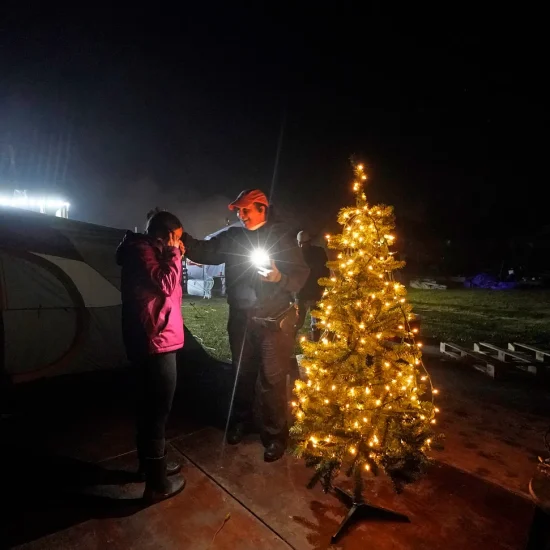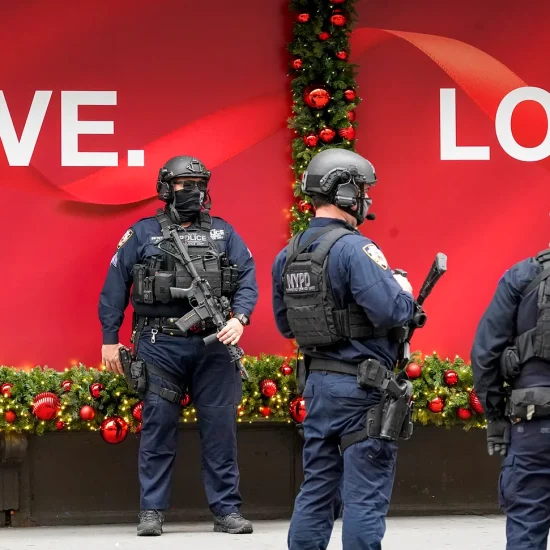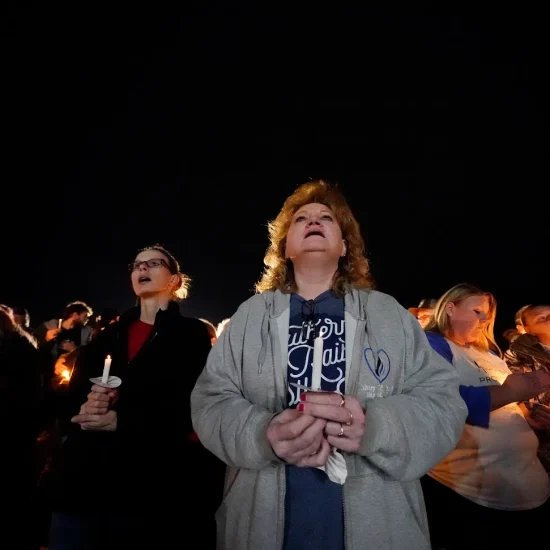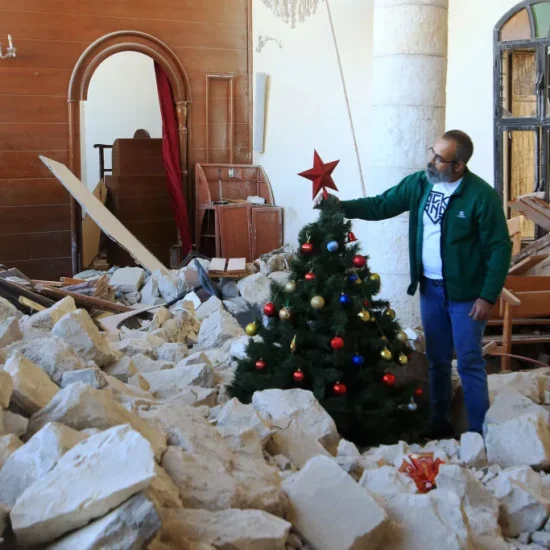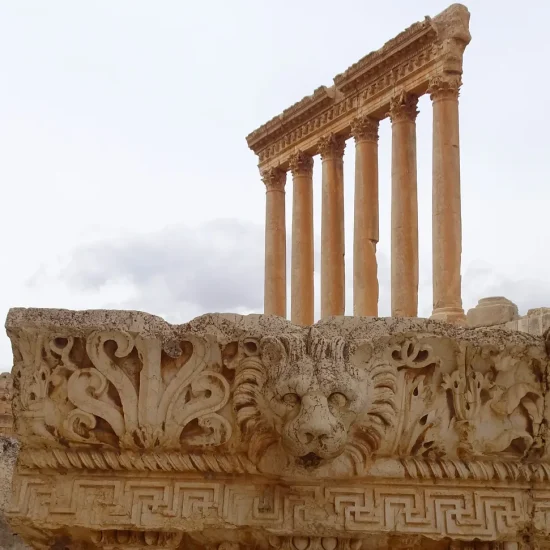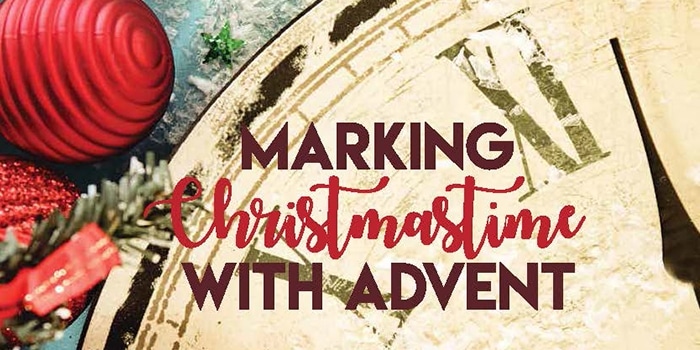
Jim Hill has fond memories of his boyhood Christmases — of holiday music, a fresh-cut tree, family gatherings and gifts shared on Christmas morning.
“I tell people we were poor but didn’t know it,” said Hill, a long-time minister who currently serves as interim pastor at First Baptist Church in Farmington, Mo., and strategy development team leader for Churchnet.
 While Dickens’s “A Christmas Carol” is not an overtly Christian story, the theme of starting over is. (Pixabay)Though his parents were raising eight children on a pastor’s salary, Christmas was always special. One of Hill’s fondest memories is listening to an album of a radio production of Charles Dickens’s “A Christmas Carol” starring Sir Laurence Olivier.
While Dickens’s “A Christmas Carol” is not an overtly Christian story, the theme of starting over is. (Pixabay)Though his parents were raising eight children on a pastor’s salary, Christmas was always special. One of Hill’s fondest memories is listening to an album of a radio production of Charles Dickens’s “A Christmas Carol” starring Sir Laurence Olivier.
“We listened as a family and wore out the album,” Hill said.
Later, one of Hill’s brothers found the recording on CD, and Hill said he has probably listened to it thousands of times. He loves the way the classic Christmas tale dramatizes the potential for change and a fresh new start.
While Dickens’s story is not an overtly Christian one, the theme of starting over is. In Paul’s second letter to the Corinthians, he calls those in Christ “a new creation. The old has passed away; behold the new has come” (2 Cor. 5:17).
Christmas marks the coming of the “new” in the church calendar as well. The first Sunday of Advent (the fourth Sunday before Christmas) heralds the beginning of a new liturgical year. It is a time to reflect on the “coming” of Christ in more ways than one.
“Advent celebrates the anticipation of Christ coming into the world,” said Ircel Harrison, a leadership coach at Pinnacle Leadership Associates and professor at Central Baptist Theological Seminary in Shawnee, Kan. “The Hebrew people had anticipated the coming of Messiah for centuries. His birth gives us a sense of hope when things look pretty dim in a lot of ways.”
As a time of reflection on Christ’s first coming, Advent reminds us that Christ was born at just the right time, or as Galatians 4:4 puts it, in “the fullness of time,” said Rob Hewell, director of the worship studies program and chair of the department of worship arts at Ouachita Baptist University in Arkadelphia, Ark.
“With Christ’s first coming, there was great need in the world,” Hewell said. “Sometimes we get this very wholesome, peaceful ‘all is well with the world’ nostalgia about the time when Jesus was born. Certainly there were some of those qualities, but it was not a time when life was easy for God’s people.”
Rome was in charge and Herod was the ruler. Both were good at making sure they stayed in charge, Hewell said.
“Herod was certainly known as a great builder and saw to completion a great number of architectural projects of great quality that enhanced the infrastructure of the time. But he was also a vicious and horribly cruel person, even to his own family,” Hewell said. “Something radical and different needed to happen. Whether the world knew it needed something that only God could do at that time, I don’t know. But we know in retrospect the need. And, certainly, in our own day we recognize the need. Advent should remind us that God did come in Christ and God is still present with us through his Holy Spirit.”
From Past to Future
Even as Advent invites us to look back and remember the anticipation of Christ’s first coming, the season also urges us to look forward to Christ’s second coming.
“Christ has promised that he will come back again, that he will return,” Hewell said. “Advent has Kingdom of God implications. We remember the ‘fullness’ of the Kingdom awaits us in the future. I think of it in terms of our two hands. We can hold on to those things that are precious and also reach for that which is to come, that which has been promised to us.”
Because of that promise, Advent is a time where the message of Christ’s coming is part of our worship as the body of Christ but can also be taken to the broader community as well, Hill believes.
“Christmas is one of the few times of the year you hear hymns in secular places,” he said. “It’s a time when people who have no faith or involvement in church go to church. Opportunities occur during this season for a person of faith to share Christ with someone who doesn’t have faith. People expect to talk about it.”
Though some may lament that people only show up for Easter and Christmas, Hill believes we should be grateful for the opportunity to share the gospel.
“I don’t think of it as a negative at all,” he said. “We should welcome them with compassion and share with them a word that God might use to change their hearts.”
Non-believers and believers alike need the promise of hope that is the focus of the Advent season, Harrison said. Two decades ago, Harrison’s family was facing one of its most difficult trials during the Christmas season — knowing that his young grandson, Benjamin, was in the final months of his battle with cancer. A few years later during another Christmas season, Harrison’s elderly mother was in her last months of life. Such situations are all too common, Harrison said.
“For many people, December is not a happy time,” he said. “In the season of celebration, there are those who think about loved ones who are not around for the celebration this year — parents, grandparents, children who are no longer with them. In the midst of joy, there are things that are not very joyous.”
And that is true in a spiritual sense as well, Harrison said.
“We rejoice that Christ has come as Immanuel, God with us, but we know the rest of the story as well. As the baby becomes a man and accepts the mission to which God has called him, he will encounter resistance and hostility that will lead to his crucifixion.”
In a two-day shipping, instant-access world where our earthly desires are satisfied very quickly, Advent reminds us that during good times and not so good times, anticipation and hope are desperately needed.
“Advent is a celebration, preparing us for what is coming,” Harrison said. “If there were not an incarnation, there would not have been a crucifixion. Without the crucifixion, there would be no resurrection. As we celebrate the coming of Messiah, we celebrate a new beginning, an open door for us as believers.”
Carrie Brown McWhorter writes for several publications, including The Alabama Baptist newspaper and Missions Mosaic magazine. Find her on Facebook @McWhorterMedia or visit her website, carriebrownmcwhorter.com.

